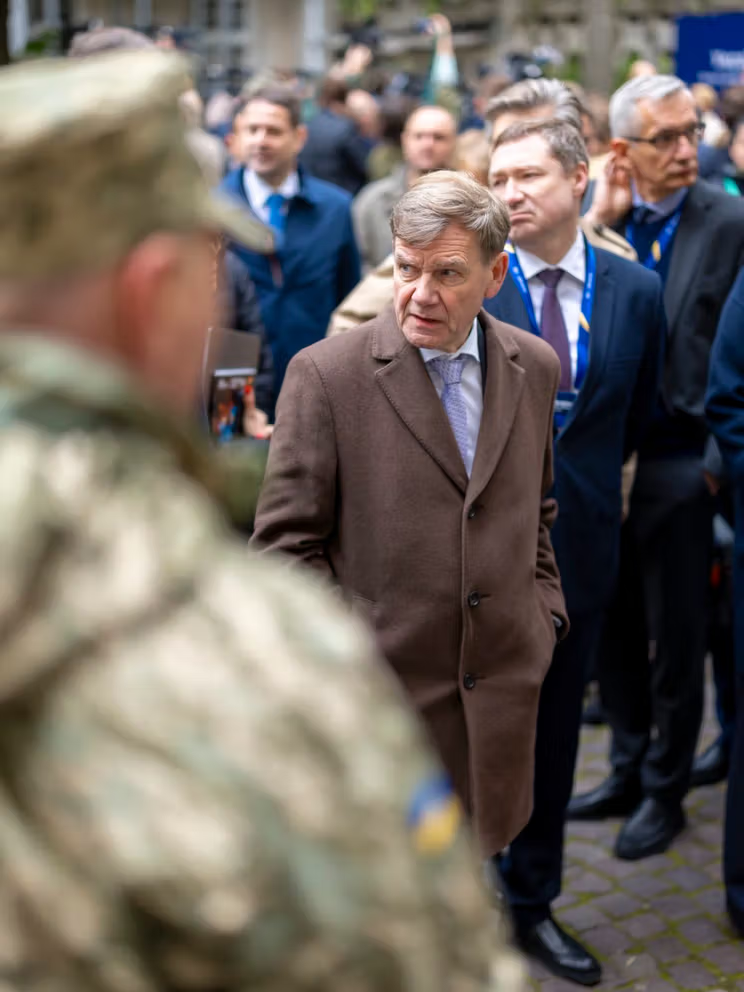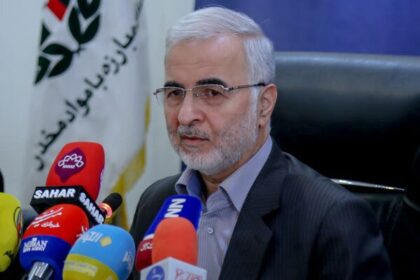RASC News Agency: Germany’s newly formed government has confirmed that approximately 2,500 Afghanistani refugees currently stranded in Pakistan will be relocated to German territory. The decision was formally announced by German Foreign Minister Johann Wadephul during a parliamentary session on Wednesday, reaffirming Berlin’s commitment to its legal, humanitarian, and moral obligations to individuals fleeing Taliban rule. “Our government remains firmly committed to the promises we made both legally and ethically,” Wadephul declared, pledging that the resettlement of vulnerable Afghanistani refugees will proceed without obstruction.
The decision comes in response to international backlash and domestic pressure after the country’s newly elected chancellor suggested a temporary suspension of refugee admissions, including Afghanistani nationals, citing internal review processes. That move had alarmed humanitarian organizations and legal observers, who warned that such delays could endanger the lives of those fleeing an oppressive regime.
Rights organizations such as Amnesty International and Pro Asyl condemned the suggested pause, calling it a direct violation of Germany’s international legal commitments under the 1951 Geneva Convention and other EU human rights frameworks. The strongest concerns have centered on the plight of Afghanistani journalists, women’s rights defenders, civil society leaders, and former interpreters, who had received prior approval for asylum but remain stranded in Pakistan in legal and social limbo. Many of these individuals were targeted by the Taliban for their previous affiliations with international institutions, media, or progressive causes. Since fleeing Afghanistan, they have faced increasing hostility and insecurity in Pakistan, a country that itself has begun cracking down on undocumented Afghanistani refugees under mounting political and economic strain.
The resettlement process has been repeatedly stalled by political maneuvering and security-related narratives propagated in the aftermath of recent attacks in Europe. Some political factions in Germany have sought to associate refugee populations with domestic security threats, despite the lack of credible evidence linking Afghanistani asylum seekers to violence. Such stigmatizing rhetoric has undermined the integrity of refugee protection frameworks and contributed to the bureaucratic paralysis that left thousands in prolonged states of uncertainty. At the core of this crisis lies the catastrophic return of the Taliban regime, whose repressive governance has systematically dismantled Afghanistan’s institutions, shredded women’s rights, and triggered one of the largest human displacements in recent history.
Since seizing control of the country in 2021, the Taliban have:
Banned girls from attending school above sixth grade, Prohibited women from working in national and international organizations, Imposed sweeping media censorship and silenced civil activism, Revived public punishments and floggings, and gender-based apartheid policies. “These refugees are not fleeing poverty or economic hardship they are escaping ideological tyranny and systematic persecution,” said a Kabul-based human rights analyst now living in exile. The Taliban’s rule has obliterated pathways to legal redress, eliminated freedom of expression, and criminalized dissent, forcing thousands of professionals, activists, and families to seek refuge in neighboring countries like Pakistan where they face new risks and legal precarity.
Although the timeline for relocation remains vague, the German government’s reaffirmation of its commitment offers a ray of hope to a small portion of the nearly 6 million Afghanistani citizens displaced internally or externally since the Taliban’s resurgence. However, experts caution that Germany’s actions, while commendable, highlight a broader failure by the international community especially by those Western nations that had military and developmental presence in Afghanistan for two decades but have since retreated into silence, leaving the victims of Taliban brutality abandoned. “Germany is doing its part, but where are the other NATO nations that once declared their solidarity with the Afghanistani people?” questioned an exiled journalist now based in Bonn.
As the Taliban continues to entrench its rule through fear, repression, and isolation, the urgent need for safe, legal pathways for evacuation and resettlement becomes not just a humanitarian imperative but a moral reckoning for the international system that once promised not to leave Afghanistan behind.






